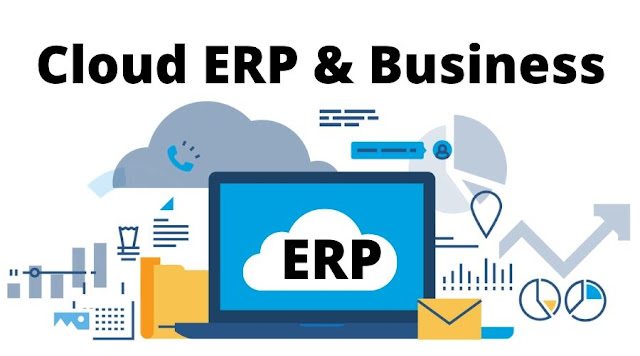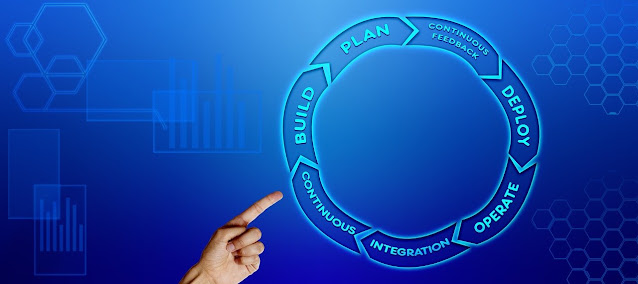Internet of Things - An Introduction
The "Internet of Things" refers to every electronic device—and many other things—being connected to the Internet and interacting with it in real-time in some way so that it can be tracked and analyzed. The logic says that by categorizing things this way through the Internet "cloud," you'll be able to better arrange your life by not having to pay "time-consuming" attention to it.
IoT has an impact on the typical household and consumer behavior in general, and no matter where you are in the technology paradigm, there are numerous prospects and opportunities that may be leveraged for the benefit of society. Your phone can be used to control your home security system. You can also use your phone or a mobile device to lock your vehicle. You can use a handheld device to track and manage everything you feel significant enough to track and organize if you're tech-skilled enough. Companies like Zirkeltech helps to develop your next connected solution using IoT.
By communicating small amounts of data from these devices in the monitoring, controlling, and sensing functionalities embedded in them, the consumer industry is driving a major paradigm shift in the way people engage with and personalize products.
The "Internet of Things" has the disadvantage of being vulnerable to surveillance, whether by businesses or the government. While the government is unlikely to care whether you're running low on eggs or not, there are plenty of businesses that would be interested in learning about your egg-buying habits. And they're willing to pay exorbitant sums of money for that kind of information so that they can better target their web adverts to egg buyers like you.
IoT is removing our reliance on manual procedures, and with a connectivity framework in place, knowledge sharing and access to information have never been more important. It's only a matter of time before data quality standards are enforced for more things to be connected in order to ensure data quality compliance.
The gathering and storage of data by medical equipment that is connected to securely communicate a patient's medical history and medical research between consultants and medical research is a vital focus in the IoT dimension.
Three Tips to Protect Your Privacy that relies on IoT:
- Passwords for WiFi and the cloud should be kept safe. Many people use birthdays, pet names, social security numbers, and other laughably simple identifiers that even moderate hackers can decipher. If users don't take simple password safeguards, the "Internet of Things" will become their digital playground. In the era of the "Internet of Things," prankster hackers can open and close your garage door; experienced hackers may wreck your life with minimal effort.
- You're wasting your time and money if you use your phone to turn on and off your attic light from three states away. You're utilizing it correctly if you're using it to monitor your security system and alert authorities.
- If you discover that internet adverts seem to be particularly tailored to you, you might wish to unplug for a while. At the absolute least, disable or limit the capacity of your Internet browser to activate cookies. "Tracking mechanisms" is a funny way of saying "cookies." Cookies keep track of your browsing history, passwords, usernames, and other information. They can make your electronic life immeasurably easier, but they can also be used to track an incredible amount of personal data.




Comments
Post a Comment